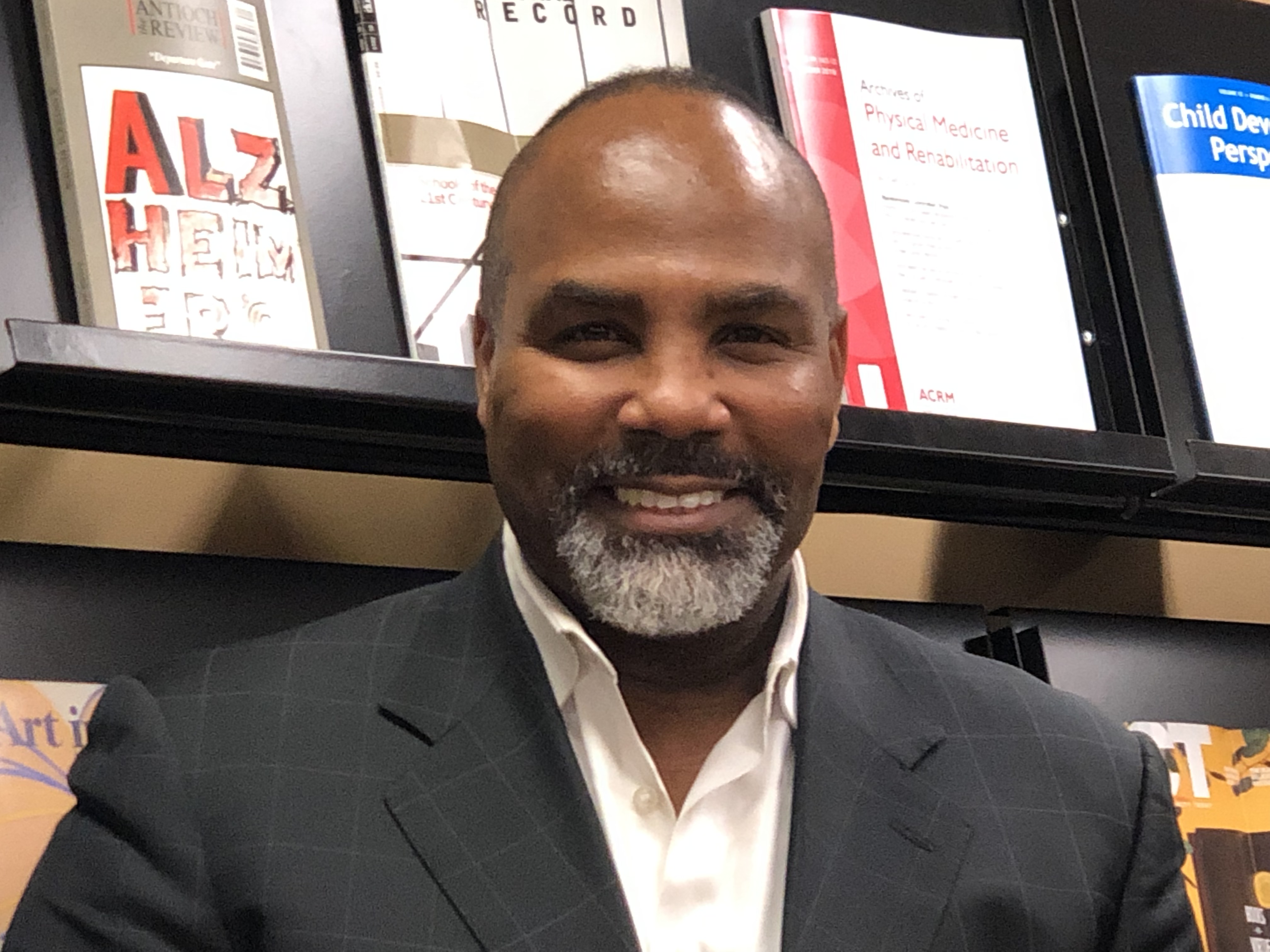The lynching of Zachariah H. Walker, an African American man, in Chester, PA in the summer of 1911, illuminates the escalating racial tensions in the city of Philadelphia. Racial tensions caused African Americans to turn away from white conservative leaders and toward white liberals in Philadelphia’s Progressive reform party. Dr. Harris argues that this period is critical to understanding how race, reform, and white nationalism intersected to create a sustained culture of violence, the toxicity of which infected the nation’s civic structures by the end of World War I. This moment was also critical to understanding how anti-black racism and anti-Semitism became mainstream in the United States. Finally, this talk will shed light on the implications this history holds for current struggles for power and the ways in which race, culture, and intolerance affect the well-being and health of African Americans and western democracy.
Clem Harris is Assistant Professor in the Department of History at Utica College, where he teaches African American Urban History, African Diasporic History, and Public Affairs. Dr. Harris received his PHD from the University of Pennsylvania in 2013. His current book manuscript for the University of Pennsylvania Press, Reconstructing Philadelphia: The Persistence of Racism and the African American Struggle for Political Leverage and Civil Rights, examines the roles of electoral and protest politics in the struggle for racial equality in the urban north, from the Great Migration to the 1980s. Prior to earning his Ph.D., Harris worked as a high-level aide to the Governor of New York, helping to reform drug laws, New York City’s Racial Profiling, and to introduce the 2010 Business Diversification Act, the state’s first Chief Diversity Officer, and the nation’s strongest Minority and Women Owned Business program.



